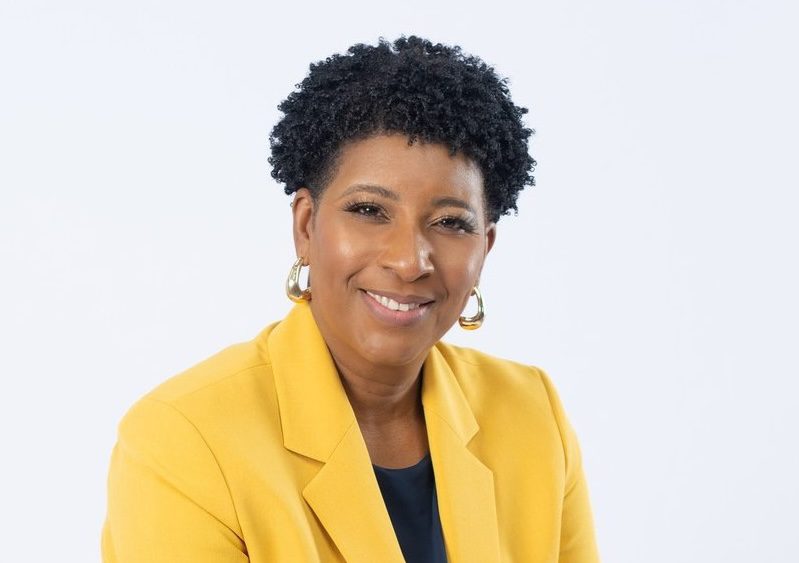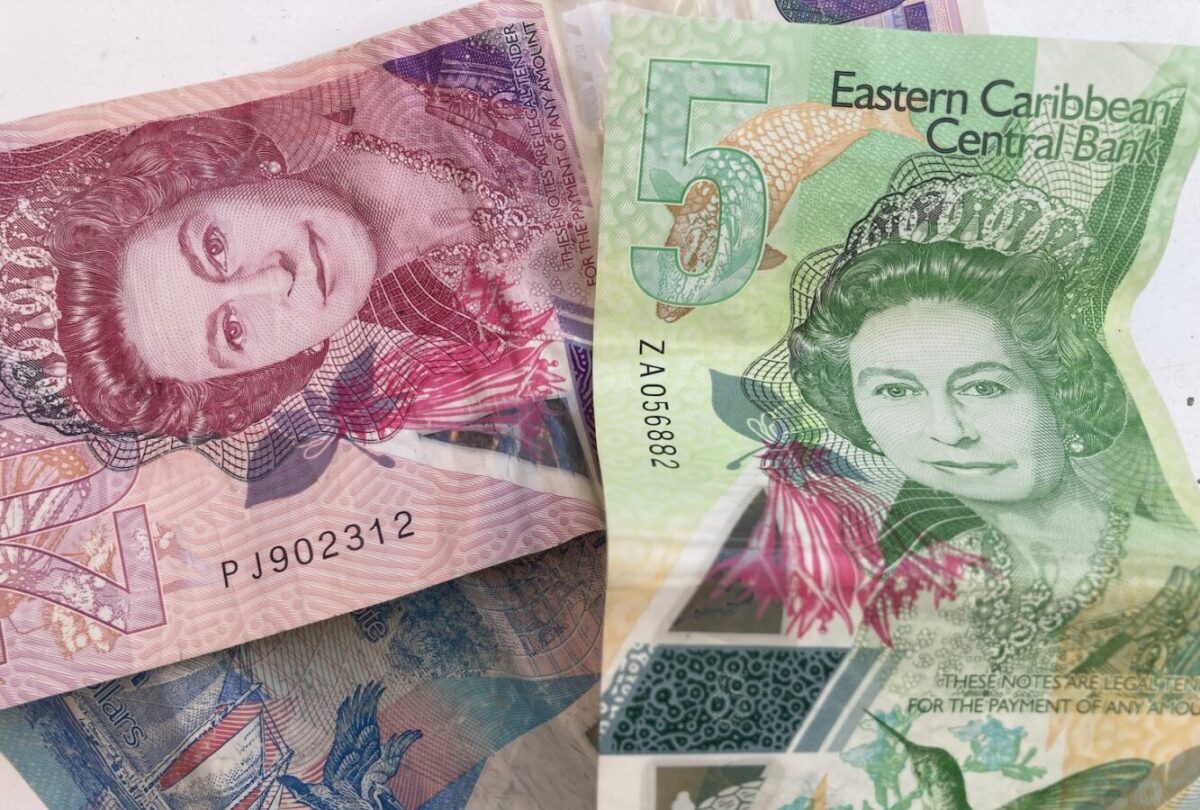Premier Cora Richardson Hodge participated as a panelist at a pre-Joint Ministerial Council meeting in the British Virgin Islands.
The panel discussion was held under the theme, ‘Our place in the world: The evolving diplomacy of overseas territories’ and moderated by Dwynel Davis, acting director for international affairs.
It brought together leaders and representatives from the UK’s overseas territories in the Caribbean on 22 October to discuss their roles in international diplomacy and development.
At Anguilla Focus we keep our core content free for everyone – but our members get access to even more! Click here to join from just $3 per month.
According to a government press release on 27 October, during the discussion, the premier underscored the importance of self-determination and national identity for small territories like Anguilla.
She stressed that diplomacy begins at home, through listening to citizens, understanding national aspirations and translating them into engagement with international partners and the UK government.
Richardson Hodge also said that for the overseas territories, diplomacy is not just advocacy but also strategic positioning and representation rooted in people’s priorities.
A second segment entitled, ‘Engagement and representation in the international arena’ focused on how overseas territories can make their voices heard and advocate for their interests on the global stage.
Reflecting on Anguilla’s history, the premier invoked the 1967 Anguilla Revolution as a reminder of the island’s tradition of self-determination, stating: “Who will fight for us if we do not fight for ourselves?”
She highlighted the island’s resilience and the shared challenges faced by small island territories, such as climate change, rising sea levels and limited landmass.
The premier also cited successful examples of international advocacy, the press release said.
The first was post-Brexit negotiations, which secured continued ease of travel and family connections between Anguilla and St Martin and Sint Maarten.
The second was educational lobbying efforts, through which Anguillian students gained home student status in the UK, reducing tuition costs and expanding access to higher education.
Looking towards 2030 to 2050, Richardson Hodge envisioned a future in which overseas territories leverage technology, education and strategic alliances to enhance global influence.
Central to this vision is youth empowerment, encouraging young people to pursue careers in diplomacy and international relations to ensure sustainability on the world stage.
The annual Joint Ministerial Council (JMC) of the Overseas Territories will take place in London from 26 to 27 November.





